Advertisement
While they may not burn calories or cause fevers, these heat waves can make you miserable — but you don’t have to just grin and bear it!
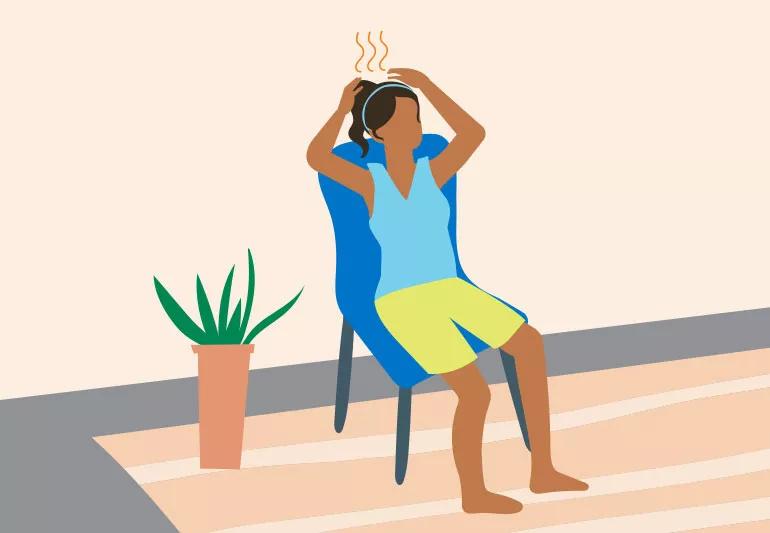
There’s a lot of misinformation out there, in general, about menopause. It used to be a little-discussed topic, leaving those who were going through it to figure it out on their own — in silence, without support and often feeling embarrassed or stressed out.
Advertisement
Cleveland Clinic is a non-profit academic medical center. Advertising on our site helps support our mission. We do not endorse non-Cleveland Clinic products or services. Policy
But as Bob Dylan once sang, “The times, they are a-changin,” and thankfully, menopause is no longer the taboo topic it once was. After all, it’s a natural part of the aging process. What’s there to be embarrassed about?!
As menopause approaches, it’s important to know what’s happening to your body and what to expect. Ob/Gyn and certified menopause practitioner Claudia Mason, MD, helps debunk some of the myths about one of the most pervasive symptoms of menopause: hot flashes.
False. Sorry, but these aren’t the kind of sweat sessions that’ll burn off breakfast!
“Hot flashes do not burn calories,” Dr. Mason confirms. For that, you’ll need to hit the gym or otherwise get moving.
False. You might be surprised to learn that you don’t have to be in menopause — or even all that close to it — to start having hot flashes. Though the typical age of menopause is about 51, many people have symptoms of perimenopause (the lead-up to menopause) for years before their final menstrual period.
False. Hot flashes make you feel hot, but they’re different from fevers, which indicate a higher-than-normal rise in your core body temperature.
When you’re going through perimenopause, your body is extremely sensitive to even small changes in temperature. When it senses a change, it jumpstarts the process of trying to cool you down — which is, ironically, the very thing that makes you feel so hot. Blood rushes to your chest and face, and you start sweating as your body attempts to cool off.
Advertisement
“Hot flashes raise the surface temperature of your skin because your body is getting rid of that internal heat,” Dr. Mason explains. “But hot flashes don’t give you a fever because they don’t raise your core body temperature.”
Mostly false. Whoa, slow down! Lots of supplements and botanicals — including magnesium and black cohosh — have been studied for their possible role in making hot flashes more manageable. But so far, there’s no definitive evidence that any of them live up to their claims. And some can do more harm than good.
“Don’t just go buy supplements with labels that make a bunch of claims,” Dr. Mason warns. “Supplements aren’t regulated, so you don’t really know what’s in them. And you want to be really careful about what you’re putting in your body.”
Be wary of any product that claims to put an end to your menopause symptoms, including your hot flashes, and talk to your healthcare provider instead.
True, but it’s uncommon. Dizziness is a possible symptom of hot flashes, but it’s not a standard one.
“During a hot flash, the blood vessels in your chest and face dilate to try to release some of that heat,” Dr. Mason explains. “If you get enough blood going to the face, you might experience low blood pressure, which could cause some temporary dizziness.”
If you do experience it, it’s likely to be short-lived, going away when your hot flash subsides. But if your hot flashes frequently bring on dizziness or nausea, talk to a healthcare provider. These aren’t standard symptoms of menopausal hot flashes, so it’s important to make sure there aren’t any other health issues at play.
False. Some people claim that indulging in a little bit of hanky-panky can help rid you of your hot flashes, but this one isn’t true.
“To my knowledge, sex cannot relieve the symptoms of hot flashes,” Dr. Mason says. “There’s no research confirming that to be the case.”
The good news is that hot flashes typically only last about 30 seconds to a couple of minutes, so they pass on their own pretty quickly (and without giving you much time to get sex started anyway).
True. Studies show that women who quit smoking were less likely to have severe hot flashes than those who continue to smoke throughout menopause. “In general, people who smoke are thought to experience worse symptoms of menopause than people who don't smoke go through,” Dr. Mason notes.
This makes sense, given that smoking is known to have a negative effect on the reproductive system. Smoking can decrease hormone production and negatively impact your ovaries, which is why people who are trying to get pregnant are strongly encouraged to quit smoking.
False! When it comes to hot flashes, you definitely don’t have to grin and bear it. Here are some things you can do to manage them:
Advertisement
If hot flashes are impacting your quality of life, it’s time to bring in the professionals, Dr. Mason says.
There are both hormonal and nonhormonal treatments that can help dial down the heat. Veozah™ (fezolinetant), for example, is a nonhormonal medication that has been approved by the U.S. Food and Drug Administration (FDA) specifically to treat mild to moderate menopause-related hot flashes.
Other treatments include hormone replacement therapy, certain antidepressants and some over-the-counter therapies.
“See your healthcare provider — specifically an Ob/Gyn, if you have one — to discuss treatment options that can lessen your hot flashes and get you feeling back on track,” encourages Dr. Mason.
Advertisement
Learn more about our editorial process.
Advertisement
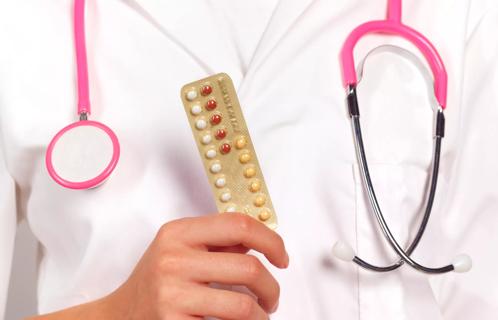
The scenarios vary based on how many pills you’ve missed and whether you take a combination pill or progestin-only pill
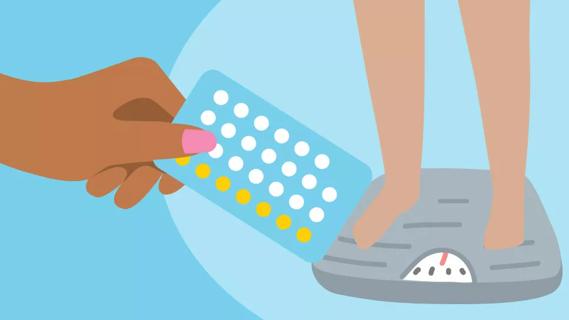
Despite popular opinion, scientific research shows that most birth control methods don’t contribute to weight gain
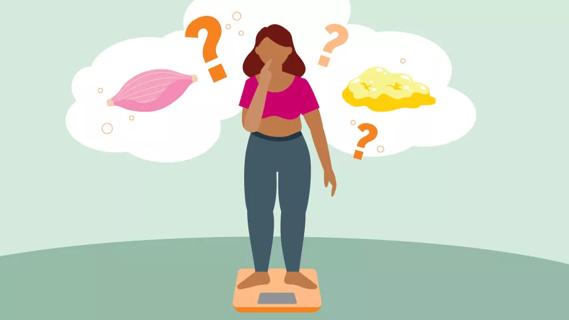
Both are needed for a healthy body

Heat starts in your chest and moves up to your neck and face … and then, the sweating begins

Taking precautions like eating healthy, stopping smoking and getting regular screenings can help protect against breast cancer
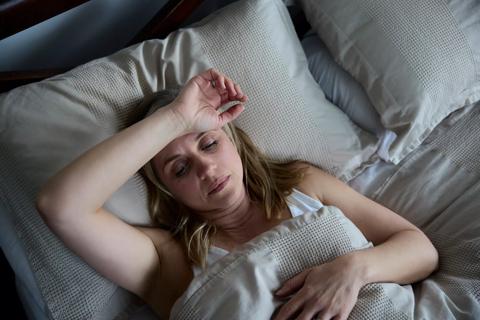
It’s a natural part of aging, starting with perimenopause and eventually leading into postmenopause

From medications and stress to PCOS and STIs, there’s a wide range of reasons Aunt Flo may overstay her welcome
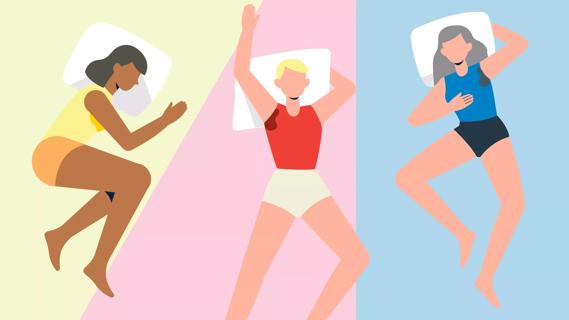
Hormone therapy, medication and lifestyle changes and can help you get the restful ZZZs you need

Focus on your body’s metabolic set point by eating healthy foods, making exercise a part of your routine and reducing stress

PFAS chemicals may make life easier — but they aren’t always so easy on the human body

While there’s little risk in trying this hair care treatment, there isn’t much science to back up the claims